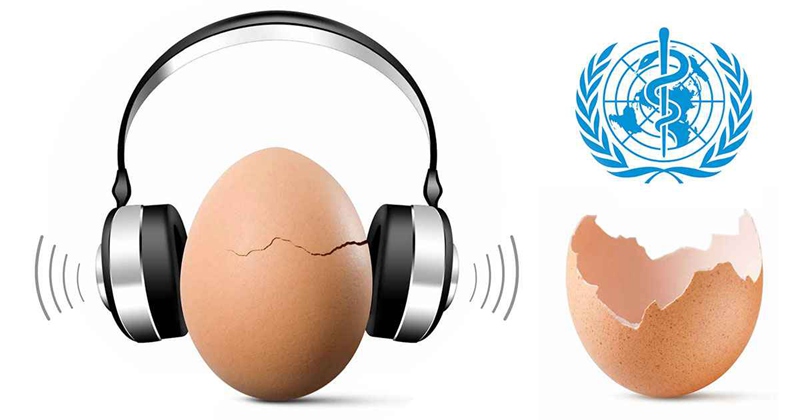-

Whisper AI Announces Voluntary Market Withdrawal of Whisper Hearing Aid System; Will Issue Refunds to
Whisper AI has announced the voluntary withdrawal of its Whisper Hearing System, effective June 8, 2023. Customers who purchased the product will receive full refunds until December 1, 2023, regardless of whether they return the device. The company emphasized that there are no safety concerns with the hearing aids but will cease production, servicing, and support for the system. Whisper’s technology is expected to re-emerge in a different form, though details remain unclear. The decision reflec...
-

WHO-ITU Launches New Global Standard to Prevent Hearing Loss for Video Gamers and eSports
The World Health Organization (WHO) and the International Telecommunication Union (ITU) have introduced a new global standard to address hearing loss risks associated with video games and esports. Targeting over 3 billion gamers worldwide, the "Global Standard for Safe Listening, Video Gameplay and Esports" aims to mitigate harm caused by prolonged exposure to loud sounds. Key features include sound exposure tracking, safe listening notifications, volume controls, and headphone safety modes for d...
-

WHO Sets Standard for Headphones That Won’t Give You Hearing Loss
The World Health Organization (WHO) and the International Telecommunication Union (ITU) have introduced a new standard for headphones to prevent hearing loss, particularly among young people. This standard recommends features such as sound level monitoring, automatic volume limits, personalized listening profiles, and safety information to raise awareness about safe listening practices. WHO estimates that nearly 50% of 12-35-year-olds are at risk of hearing loss due to prolonged exposure to loud ...
-

Why Don’t Doctors Routinely Screen for Hearing Loss?
The article emphasizes the importance of hearing health as a critical yet often overlooked aspect of overall well-being. It highlights that hearing loss is associated with numerous health issues, including depression, heart disease, diabetes, falls, and dementia, and notes that early identification and treatment of hearing loss could significantly improve quality of life and reduce healthcare costs. A 2017 study by the Lancet Commission identified hearing loss as the largest potentially reversibl...
-

Why Hearing Loss May Increase Your Risk of Opioid Addiction
Deaf and hard-of-hearing individuals are twice as likely to develop opioid-use disorders compared to their hearing peers, particularly among adults aged 18-49, especially those under 35. Dr. Michael M. McKee's research highlights that communication barriers during medical care contribute significantly to this disparity, as chronic pain management often requires clear dialogue between patients and providers. The COVID-19 pandemic has exacerbated these challenges, with masks hindering lipreading an...
-

Why I Advocate for Inclusive Design in Hearing Loss
Throughout her journey, KR Liu has transformed her personal struggles with severe bilateral hearing loss into a powerful mission to advocate for inclusivity and accessibility in design. Diagnosed at two-and-a-half years old and facing isolation and bullying as a child, Liu later concealed her hearing loss in the workforce before embracing it as a driving force for change. As an Inclusive Design Advocate, she has championed initiatives such as Google’s Live Caption, affordable over-the-counter h...




